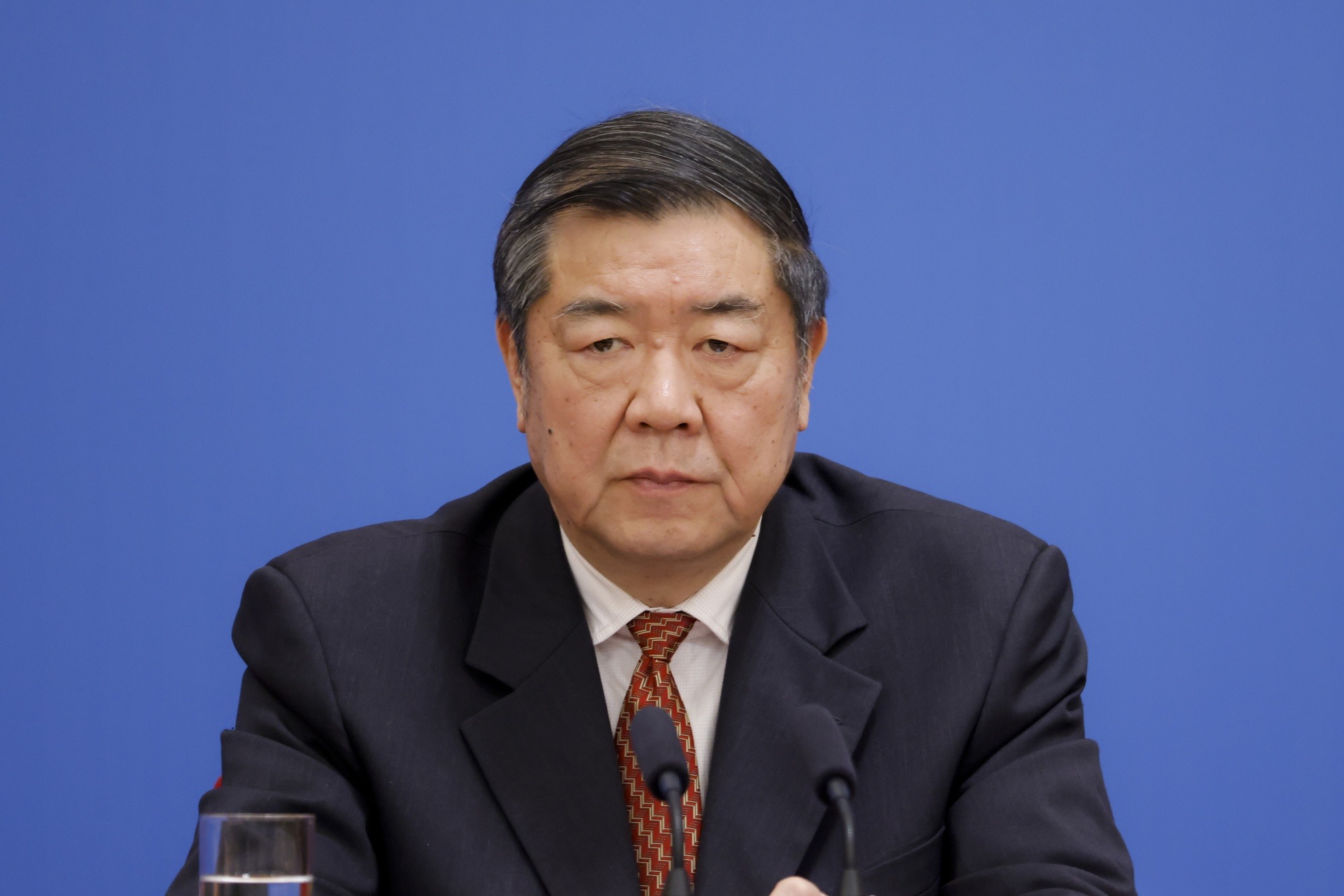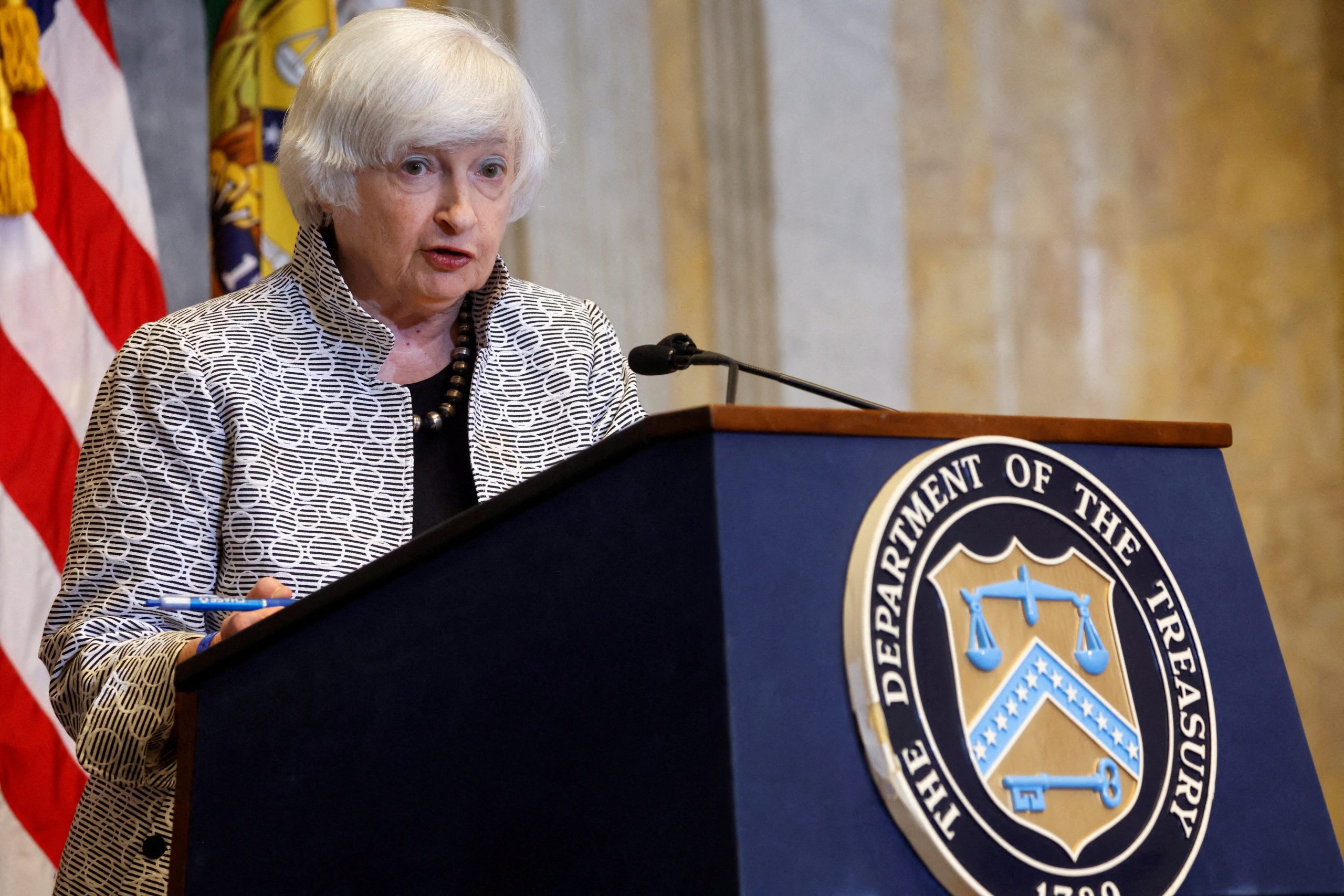U.S. Treasury Secretary Janet Yellen recently highlighted the Biden administration’s concerns regarding China’s economic model and trade practices, which are believed to disadvantage American companies and workers.
During her visit to China, Yellen expressed to reporters the critical nature of these issues, emphasizing the need for dialogue to address the competitive imbalance created by China’s industrial strategies.
Yellen’s discussions in China, particularly with Chinese Vice Premier He Lifeng in Guangzhou, set the stage for future talks aimed at fostering more balanced economic growth and tackling issues such as money laundering.
These discussions reflect a mutual understanding of the need for a structured approach to resolving tensions and enhancing cooperation on global economic matters.

Vice Premier He Lifeng (Credits: Reuters)
Although not yet scheduled in terms of time and location, the upcoming talks promise to explore solutions to the challenges posed by China’s manufacturing overcapacity, especially in sectors like solar panels and electric vehicles (EVs). This overcapacity has led to lower global prices and concerns among Western nations about the potential impact on their domestic industries and employment.
China has voiced its concerns over U.S. trade and economic policies that it perceives as restrictive. The dialogue between the two nations also touches on broader topics, including financial stability, sustainable finance, and the fight against money laundering, underlining the complex nature of the U.S.-China economic relationship.
Yellen’s trip signifies a concerted effort to maintain open lines of communication between the world’s two largest economies. Despite differing perspectives, both sides recognize the importance of addressing key issues collaboratively to prevent conflict and ensure a stable global economic environment.

Janet Yellen (Credits: Reuters)
Additionally, the U.S. has been actively working to reduce its dependence on certain Chinese technologies and bolster domestic manufacturing through legislative measures such as the CHIPS and Science Act and executive orders aimed at regulating investments in high-tech sectors.
These actions are part of a broader strategy to secure U.S. economic interests and national security in the face of growing competition with China. As the dialogue between the U.S. and China continues, it remains to be seen how these efforts will translate into concrete outcomes that address the concerns of both nations while promoting global economic stability and growth.























